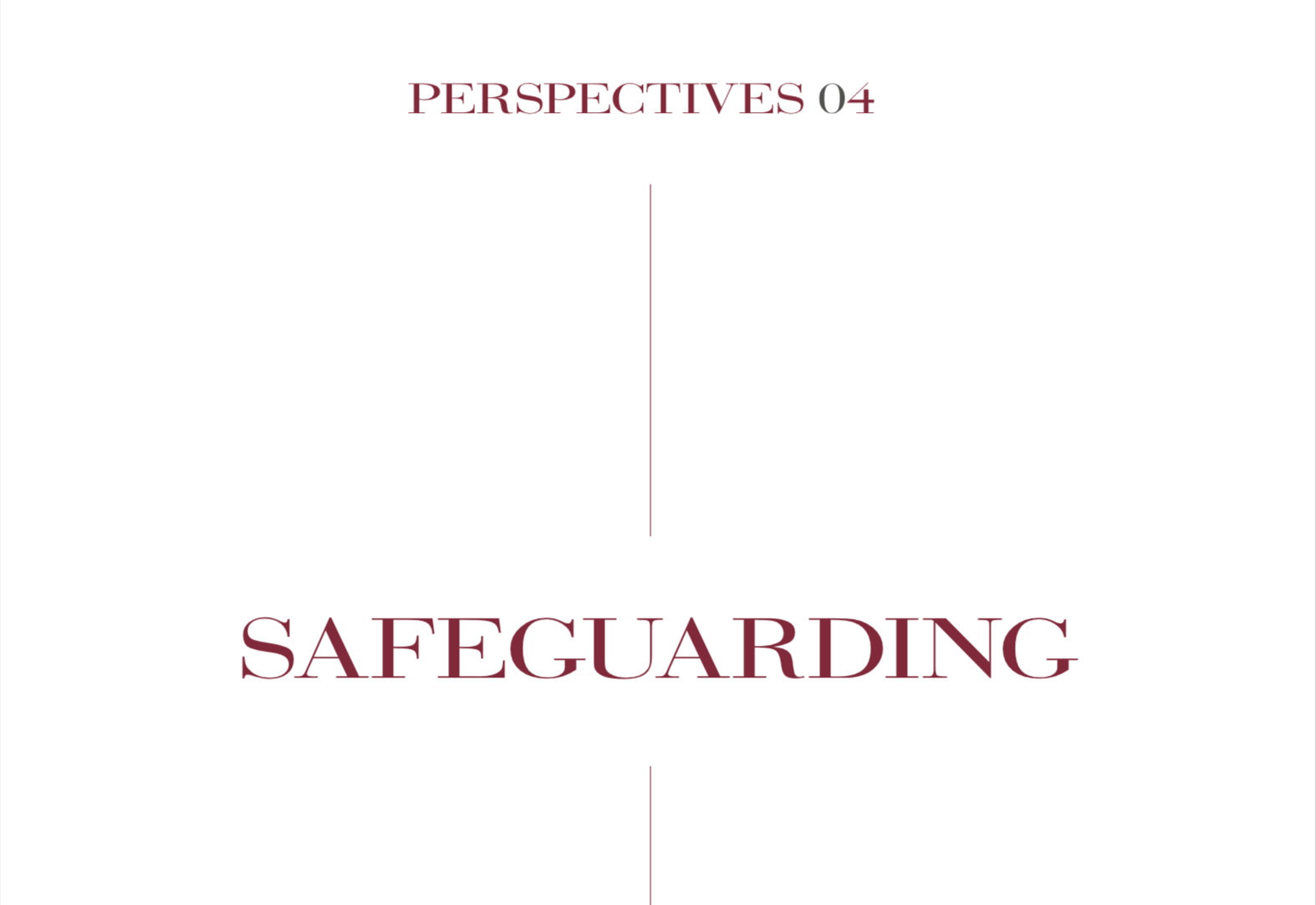
Safeguarding—Thoughts on Civiltà Cattolica’s Special Edition
The Civiltà Cattolica Special Edition Safeguarding, published this past January 23rd, witnesses to an ecclesial evolution of understanding on the topic of child sexual abuse and leadership accountability issues in the Church. In it there are 11 articles and documents spanning from 2010 to 2019, representing almost a decade of thought on this topic.
Our understanding of child sexual abuse has grown over time. For instance, the two articles I published together with Giovanni Cucci in 2010 concerning some of the psychological aspects of this issue spoke of “combating the culture of pedophilia”. Those articles, though dated, have much that holds true today, including the need to contest narcissism. However today the term “pedophile” has been surpassed, considered a far too-limited word for a problem that respects all whom Jesus regards as “the little ones”.
Likewise, the concern we have for protecting children has evolved towards a wider understanding of safeguarding. I am happy to see Safeguarding is the title of the Civiltà Cattolica special edition. The idea of “safeguarding” surpasses “protection” because it also implies the need to empower persons. Safeguarding does involve protecting those who are in harm’s way. Yet as some have noted, “safeguard” seems to have more of an element of the proactive in it as well, protecting, but also giving resources that empower people to recognize and respond to boundary-breaking behavior. Since the time that publications concerning child sexual abuse in the church began to be published in the 1980’s, there has been a struggle to find the right terminology to use for all aspects of this global problem.
I am pleased Fr. Lombardi has been asked by the Holy Father to moderate the #PBC2019 meeting of the Bishops in February. In his article in Safeguarding, he reminds us of the events that led to Pope Francis' calling the bishops together in Rome. Not least among those circumstances were the credible allegations surrounding the former Cardinal McCarrick’s behavior with minors and seminarians. Because a cardinal serves not only as a point of reference within a local community, but is entrusted in a special way with assisting the Holy Father in the international governance of the Church, it is important to seek unity in addressing the accountability of all hierarchy in such a way so that all persons in church leadership are held to the same standard.
Another point the Civiltà Cattolica safeguarding issue addresses is the growing problem of the sexual abuse of children by means of the internet. It features a report from the important congress from last year, Child Dignity in the Digital World, which brought together various leaders from different sectors—government, technology experts, human rights watch groups, law enforcement—who all came together to speak and take action towards ending the abuse of children in the digital domain. The Rome Declaration, received by Pope Francis, is also included in this issue. While this may not be the main topic at #PBC2019, it is a topic we need to address with urgency and accountability in the formation of church leaders and for the safety of the young.
As we continue to prepare for the meeting in two weeks’ time, the concerns I expressed one year ago in the article "The Spiritual Wounds of Sexual Abuse” remain on my heart. We must listen to the voices and the stories of those who are now hurting as a result of clergy misconduct. Only together with them, the journey towards healing in the Church can advance.

